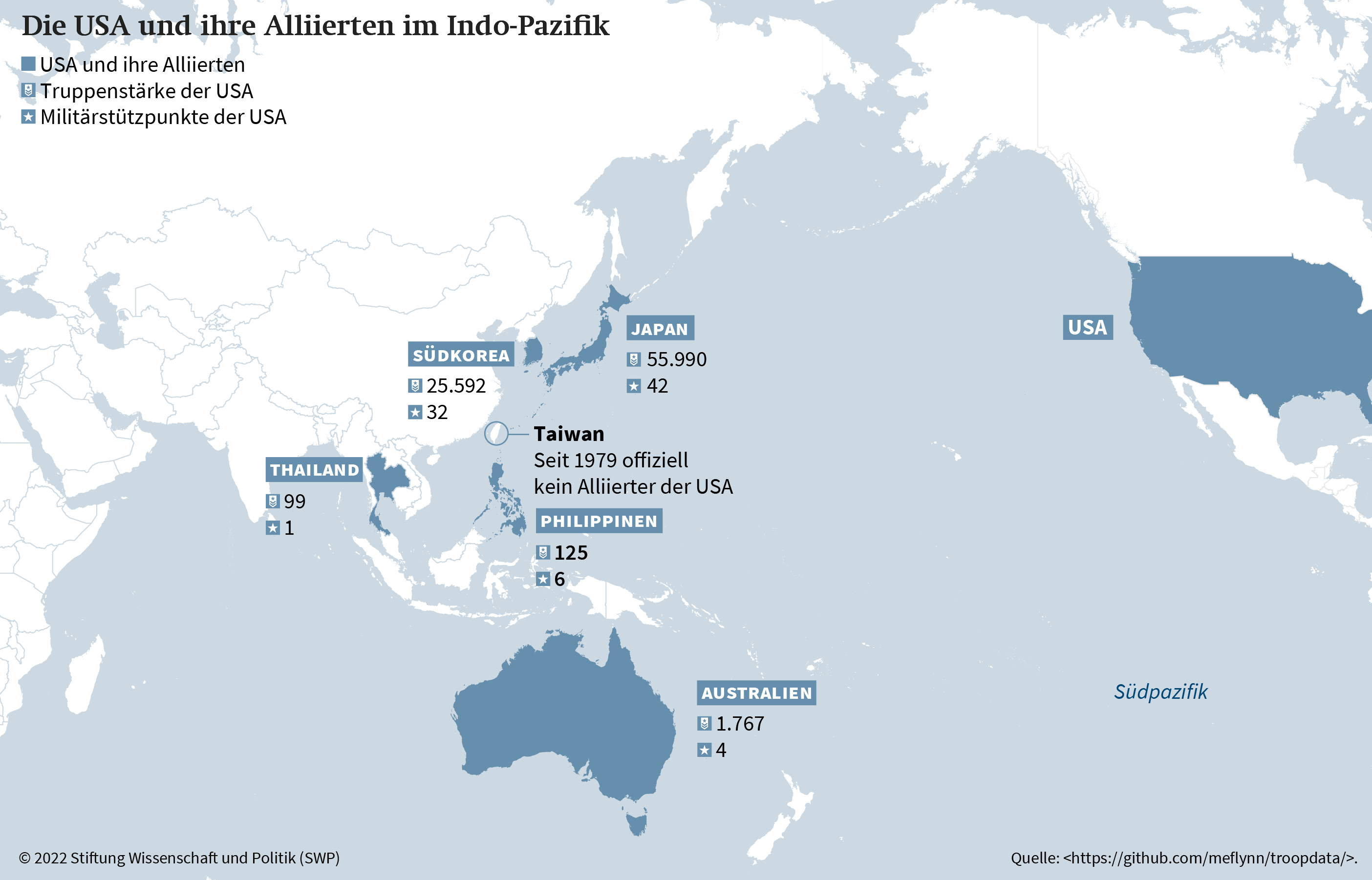The Pacific War: A Comprehensive History Of The Conflict That Shaped The 20th Century has been published today, providing readers with a compelling account of the events that transformed the geopolitical landscape of the world.
Editor's Notes: Given the ongoing tensions in the Asia-Pacific region, it is essential to understand the historical context of the conflicts that have shaped the region. The Pacific War: A Comprehensive History Of The Conflict That Shaped The 20th Century offers a comprehensive analysis of the causes, key events, and consequences of this pivotal conflict.
Our team of expert historians and researchers has analyzed archival records, conducted interviews, and consulted a wide range of sources to provide a nuanced and balanced account of the war. This guide will help readers develop a deeper understanding of the complexities, tragedies, and triumphs of one of the most significant conflicts in human history.
| Key Differences | Key Takeaways |
|---|---|
| Comprehensive coverage | Provides a holistic understanding of the war, from its origins to its aftermath. |
| Multiple perspectives | Presents diverse viewpoints, including those of combatants, civilians, and policymakers. |
| Historical context | Examines the pre-war situation, setting the stage for the conflict. |
| Detailed analysis | Analyzes key battles, campaigns, and diplomatic maneuvers. |
| Assessment of impact | Evaluates the war's effects on global politics, society, and culture. |
The Pacific War: A Comprehensive History Of The Conflict That Shaped The 20th Century is divided into several chapters, each exploring a different aspect of the war. The book begins by examining the roots of the conflict, including the rise of nationalism and imperialism in Japan and the United States. It then provides a chronological account of the major events of the war, from the attack on Pearl Harbor to the atomic bombings of Hiroshima and Nagasaki. The book also examines the experiences of combatants and civilians during the war, as well as the war's impact on the environment and global politics.
FAQ
This section aims to provide answers to frequently asked questions (FAQs) about The Pacific War: A Comprehensive History Of The Conflict That Shaped The 20th Century, offering a more in-depth understanding of its causes, events, and impact.

Showtime’s new miniseries ‘Fellow Travelers’ explores the Red Scare - Source www.americamagazine.org
Question 1: What were the primary causes of the Pacific War?
The Pacific War was primarily sparked by Japan's aggressive expansionist policies in the Asia-Pacific region, coupled with rising tensions with the United States over economic interests and territorial disputes.
Question 2: How did the war impact the geopolitical landscape of the Asia-Pacific region?
The war profoundly reshaped the geopolitical order in the Asia-Pacific. It led to the downfall of the Japanese Empire, the rise of the United States as the dominant power in the region, and the eventual decolonization of Southeast Asia.
Question 3: What were the key turning points of the war?
The Pacific War featured several pivotal turning points, including the surprise attack on Pearl Harbor by Japan, the Battle of Midway, and the atomic bombings of Hiroshima and Nagasaki.
Question 4: How many casualties were incurred during the war?
The Pacific War resulted in an estimated 30-50 million military and civilian casualties, making it one of the deadliest conflicts in human history.
Question 5: What lessons can be learned from the Pacific War?
The Pacific War offers lessons on the dangers of aggression, imperialism, and the importance of international cooperation. It also highlights the need for effective diplomacy and peaceful conflict resolution.
Question 6: How can I learn more about the Pacific War?
In addition to reading The Pacific War: A Comprehensive History Of The Conflict That Shaped The 20th Century, there are numerous books, documentaries, and online resources available for further exploration of this significant historical event.
The Pacific War remains a topic of intense interest and study, and the FAQs presented here provide a starting point for gaining a deeper understanding of its causes, consequences, and enduring legacy.
Continue reading the next article section for further insights into this transformative conflict.
Tips
The Pacific War, a colossal struggle that forever altered the course of the 20th century, offers invaluable lessons for students of history, military strategy, and international relations. By delving into the intricacies of this cataclysmic conflict, one can glean crucial insights and principles that resonate with contemporary challenges.
Tip 1: Strategic Planning and Execution
Effective warfare requires meticulous planning and execution. The Pacific War showcased both brilliant strategy and costly mistakes. Studying these campaigns underscores the importance of logistical preparedness, operational coordination, and adapting to unforeseen circumstances.
Tip 2: Technological Innovation
Technological advancements played a pivotal role in shaping the Pacific War. The use of aircraft carriers, radar, and the atomic bomb highlighted the transformative power of innovation in warfare. Analyzing these developments fosters an appreciation for the ever-evolving nature of military technology.
Tip 3: Diplomacy and Alliances
Diplomacy and alliances played a crucial role in the Pacific War. Understanding the complex web of alliances, treaties, and negotiations provides insights into the geopolitical dynamics and the challenges of maintaining international coalitions.
Tip 4: Leadership and Decision-making
The Pacific War featured a cast of charismatic and controversial leaders who made fateful decisions that shaped the course of the conflict. Examining their leadership styles, strategic choices, and decision-making processes offers valuable lessons in crisis management and the complexities of warfare.
Tip 5: Wartime Diplomacy and Negotiation
While the battlefield is often the focus of attention, diplomacy and negotiation also played a critical role in the Pacific War. Understanding the challenges and opportunities of wartime diplomacy contributes to a nuanced comprehension of the complexities of conflict resolution.
In conclusion, studying the Pacific War provides a treasure trove of insights into the nature of warfare, the complexities of international relations, and the importance of understanding the interplay between military strategy and diplomacy. By embracing these lessons, individuals can develop a deeper appreciation for the historical forces that have shaped our world.
The Pacific War: A Comprehensive History Of The Conflict That Shaped The 20th Century
The Pacific War, a pivotal conflict that profoundly shaped the trajectory of the 20th century, encompasses multifaceted aspects that illuminate its complexities and global impact.
- Prelude: Escalating tensions between Japan and the United States, leading to the attack on Pearl Harbor.
- Island Hopping: American strategy to gradually neutralize Japanese strongholds, leading to bloody battles and island conquests.
- Air Power: Carrier-based aircraft played a crucial role, sinking battleships and crippling enemy airfields.
- Human Cost: Millions perished, including civilians, soldiers, and prisoners of war, leaving a profound legacy of loss.
- Nuclear Devastation: The atomic bombings of Hiroshima and Nagasaki brought about an unprecedented horror and changed the course of warfare.
- Post-War Legacy: The Pacific War reshaped global power dynamics, leading to the emergence of the United States as a superpower and the beginning of the Cold War.
These key aspects weave together a complex tapestry of the Pacific War, highlighting the strategic maneuvers, technological advancements, human suffering, and long-lasting consequences that defined this pivotal conflict. Understanding these dimensions provides a comprehensive perspective on a war that left an enduring mark on the world.

WAR: HOW CONFLICT SHAPED US - Source www.eastonpress.com
The Pacific War: A Comprehensive History Of The Conflict That Shaped The 20th Century
The Pacific War stands as a pivotal historical event that reshaped the geopolitical landscape of the 20th century. It was a multi-dimensional conflict involving Japan, the United States, and their respective allies, with profound implications for both nations and the world. The conflict's origins can be traced back to Japan's expansionist ambitions in the Pacific region, coupled with rising tensions between the two countries. The attack on Pearl Harbor by Japan in 1941 marked the commencement of a brutal and protracted war that ultimately led to the defeat of Japan and the emergence of the United States as a global superpower.

Sicherheit im Indo-Pazifik - Stiftung Wissenschaft und Politik - Source www.swp-berlin.org
The Pacific War constitutes an integral component of "The Pacific War: A Comprehensive History Of The Conflict That Shaped The 20th Century". Its exploration sheds light on the complex interplay of factors that precipitated the war, the strategies employed by both sides, and the devastating consequences that ensued. The book delves into the military campaigns, diplomatic negotiations, and technological advancements that characterized this conflict. It examines the impact of the war on the lives of soldiers, civilians, and the environment, offering a nuanced understanding of its human and societal costs.
The practical significance of understanding the Pacific War lies in its relevance to contemporary global affairs. The lessons learned from this conflict continue to inform international relations, particularly in the context of conflict resolution and the maintenance of peace. Moreover, the war's legacy serves as a cautionary tale about the dangers of unchecked aggression and the importance of fostering cooperation and dialogue.
| Cause | Effect |
|---|---|
| Japan's expansionist policies | Increased tensions with the United States |
| Attack on Pearl Harbor | United States' entry into the war |
| Atomic bombings of Hiroshima and Nagasaki | Japan's surrender |
Conclusion
The Pacific War stands as a complex and consequential historical event that profoundly shaped the course of the 20th century. "The Pacific War: A Comprehensive History Of The Conflict That Shaped The 20th Century" provides a comprehensive analysis of this conflict, exploring its causes, consequences, and enduring legacy. By understanding this war, we gain insights into the dynamics of international relations, the human cost of conflict, and the imperative for peace.
The Pacific War serves as a reminder of the devastating consequences of unchecked aggression and the vital importance of cooperation and dialogue in resolving international disputes. Its lessons continue to resonate in contemporary global affairs, underscoring the need for responsible statecraft and the pursuit of peaceful solutions.